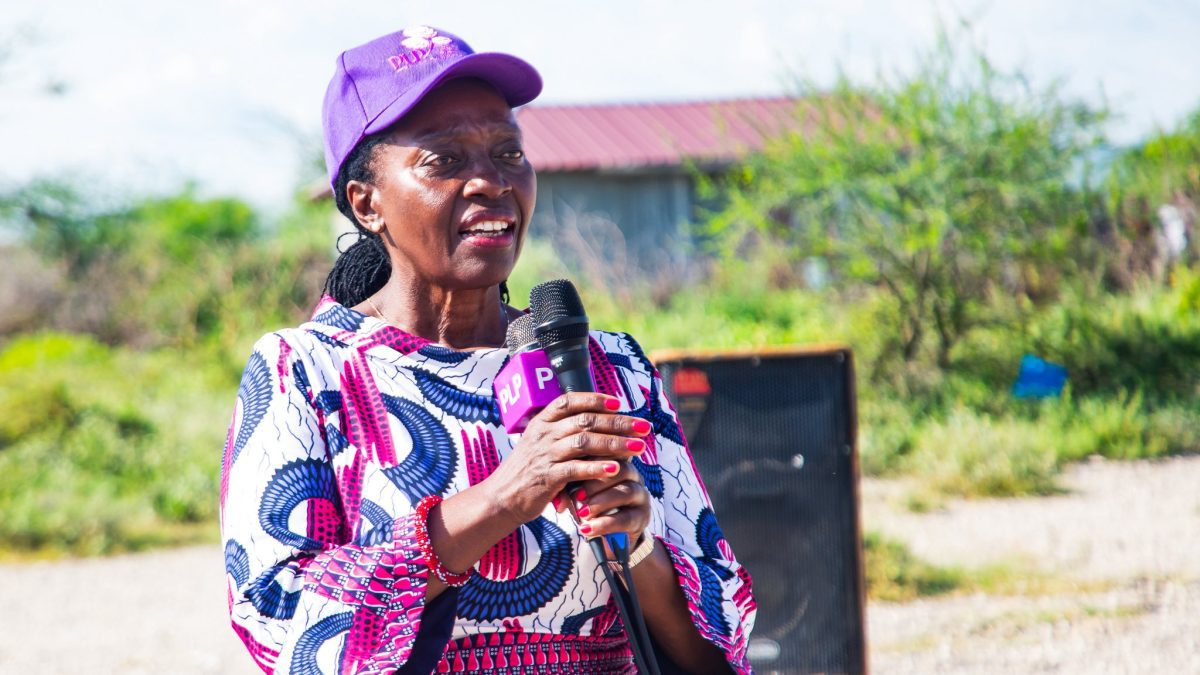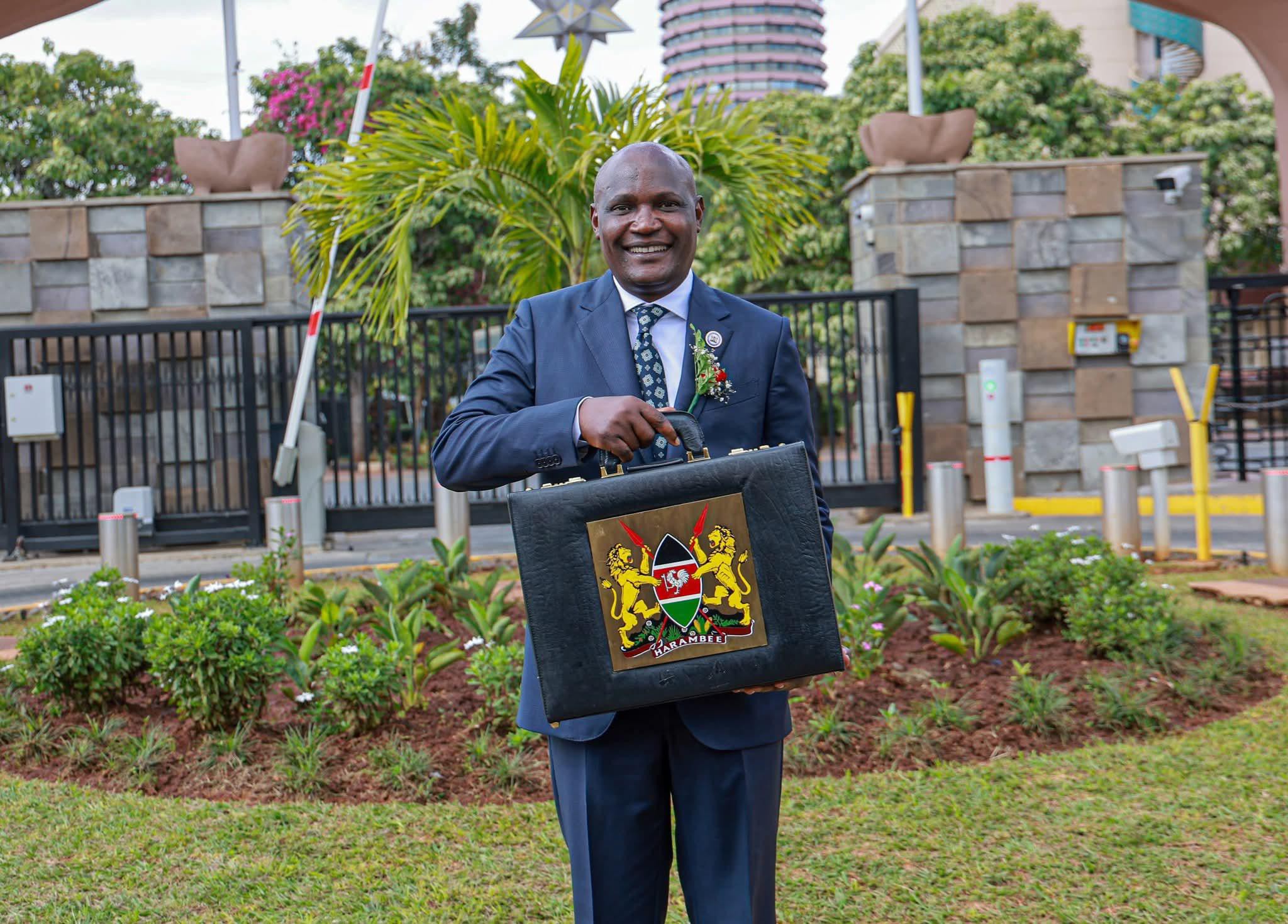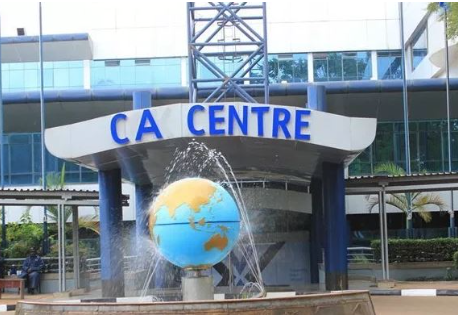In a bold and unprecedented move, prominent Kenyan leaders and human rights advocates have filed a case at the East African Court of Justice (EACJ) in Arusha against the Tanzanian government. The six petitioners – Martha Karua of the People’s Liberation Party (PLP), former Chief Justice Willy Mutunga, rights defender Hussein Khalid, and activists Gloria Kimani, Lynn Ngugi, and Hanifa Adan – are challenging their recent detention and denied entry into Tanzania as violations of their rights under regional treaties.
The legal action seeks accountability and redress from the Attorney General of the United Republic of Tanzania, following an incident that occurred earlier this year when the six attempted to travel to Tanzania to observe the high-profile treason trial of Tanzanian opposition leader Tundu Lissu. Upon arrival, however, the group was detained and deported, an experience they describe as not only humiliating but also unlawful under the East African Community (EAC) Treaty and its protocols.
At the heart of the case is a demand for justice that resonates beyond the individuals involved. The applicants have asked the regional court to compel the Tanzanian government to erase the “refused entry” notations from the passports of Martha Karua, Gloria Kimani, and Lynn Ngugi – a mark that they argue stains their integrity and unjustly brands them as security threats.
Additionally, they are calling for a formal and public apology from the Tanzanian authorities, stating that the actions taken against them breached their rights as citizens of the East African Community. According to their petition, the refusal of entry contravenes Articles 4(2)(a), 5(2)(b), and 7 of the East African Community Common Market Protocol, which guarantee the free movement of persons and goods among member states.
“This case is not just about six individuals,” said former CJ Mutunga in a public statement. “It’s about defending the principles of open justice, accountability, and regional cooperation that the EAC was built upon. No member state should be allowed to act with impunity.”
The group is also seeking monetary compensation for the harm they suffered. They are asking the court to order Tanzania to pay general damages for the violation of their rights, emotional distress, and the mental suffering caused by their brief detention. They are also pursuing special damages to recover travel expenses and related losses incurred due to the sudden deportation.
Beyond compensation, the petitioners want the court to set a precedent that reinforces the sanctity of human rights and freedom of movement within the East African region. They are urging the court to issue an order barring any future actions by the Tanzanian government that would infringe on these fundamental freedoms.
“This is a critical moment for East African democracy,” said Martha Karua. “We believe in a regional community where justice, transparency, and accountability prevail. No government should be above the rule of law.”
According to the affidavits submitted, the six had traveled to Tanzania with the intention of peacefully observing a legal proceeding – a right enshrined in the principles of open justice and good governance. They argue that the Tanzanian government’s actions not only denied them that right but also undermined public confidence in the integrity of the country’s judicial processes.
Legal experts across the region are closely watching the case, which could have far-reaching implications for human rights protections and cross-border relations within the East African Community.
If the East African Court of Justice rules in favor of the petitioners, it would mark a significant victory for human rights defenders and a reaffirmation of the EAC’s commitment to democratic values, rule of law, and regional integration.
As the legal battle unfolds in Arusha, the case underscores the rising influence of civic leaders in defending regional freedoms and sets the stage for what could become a landmark ruling in East African jurisprudence.













